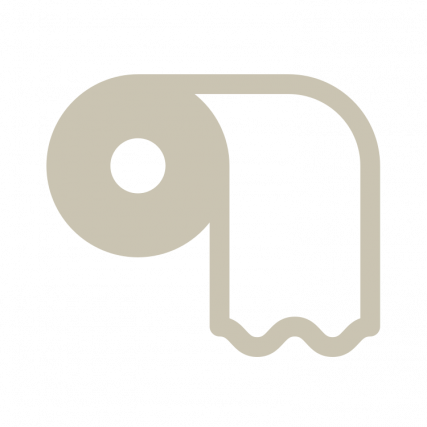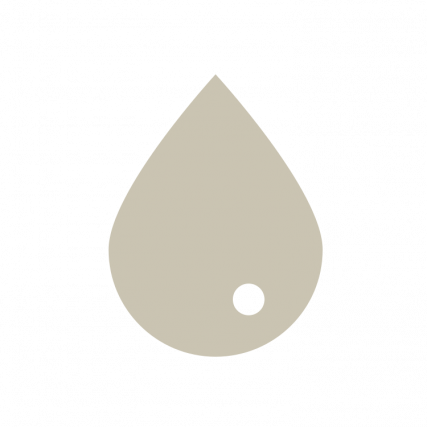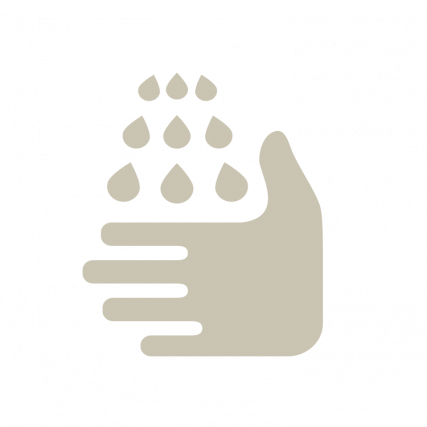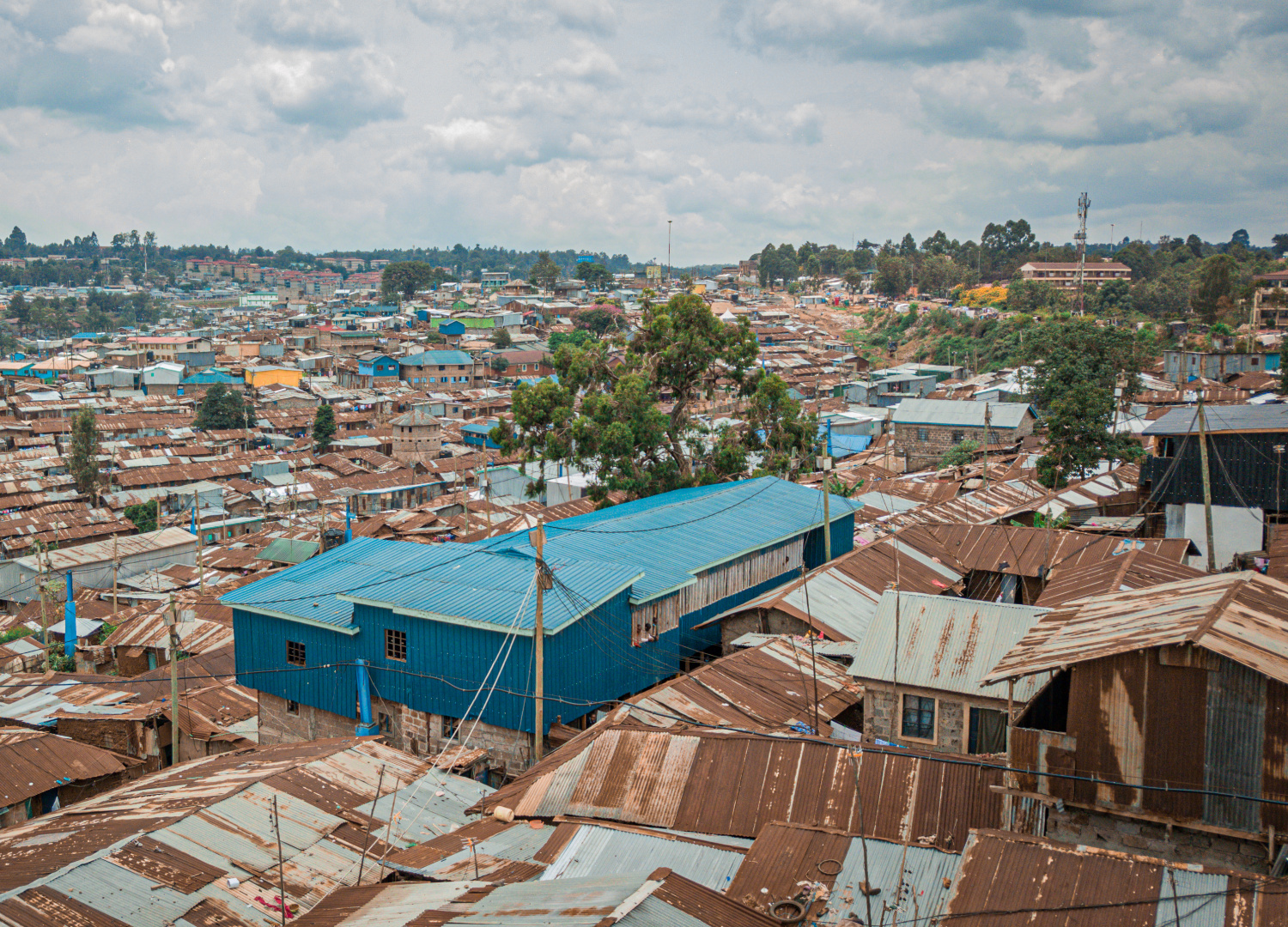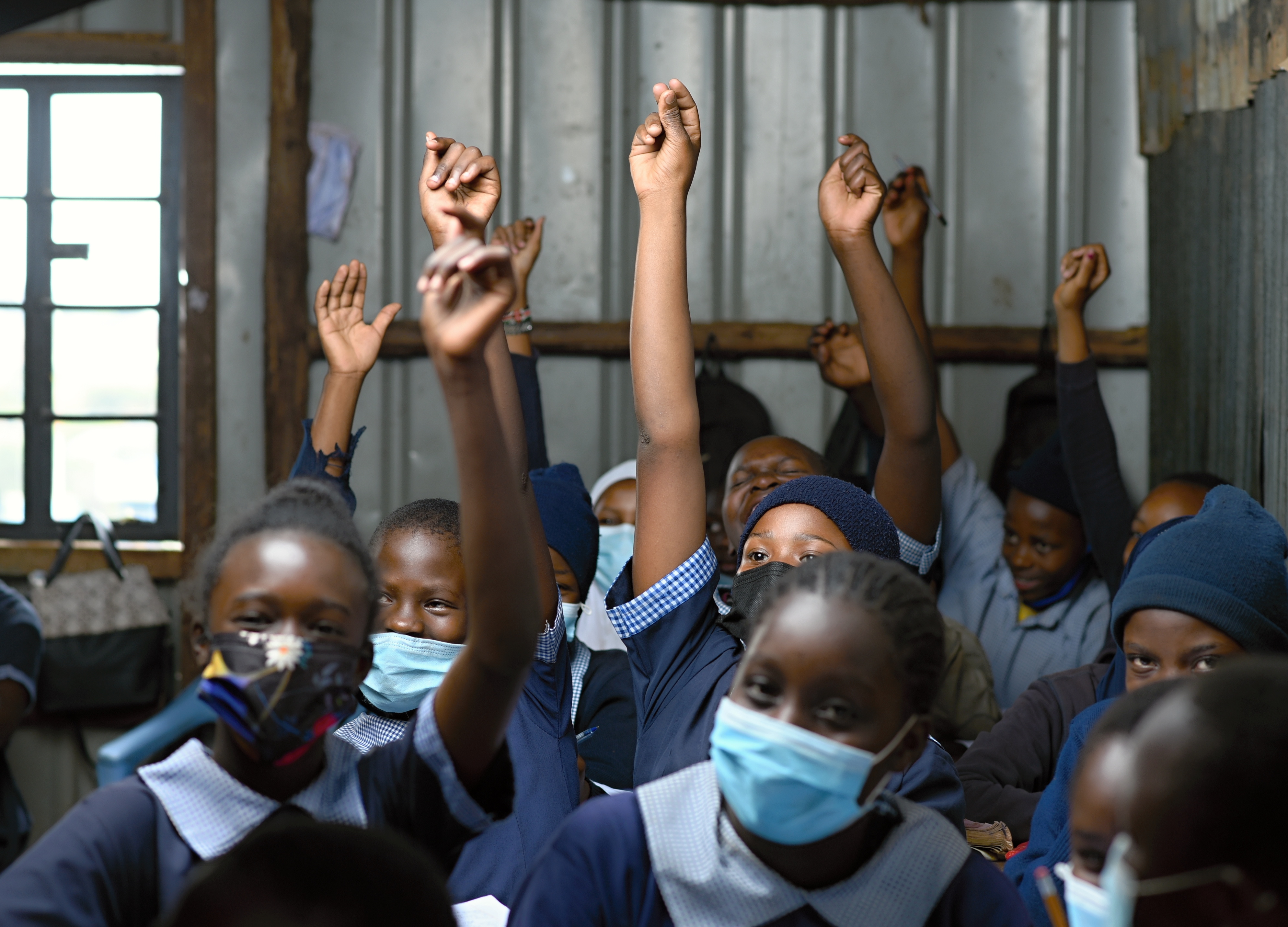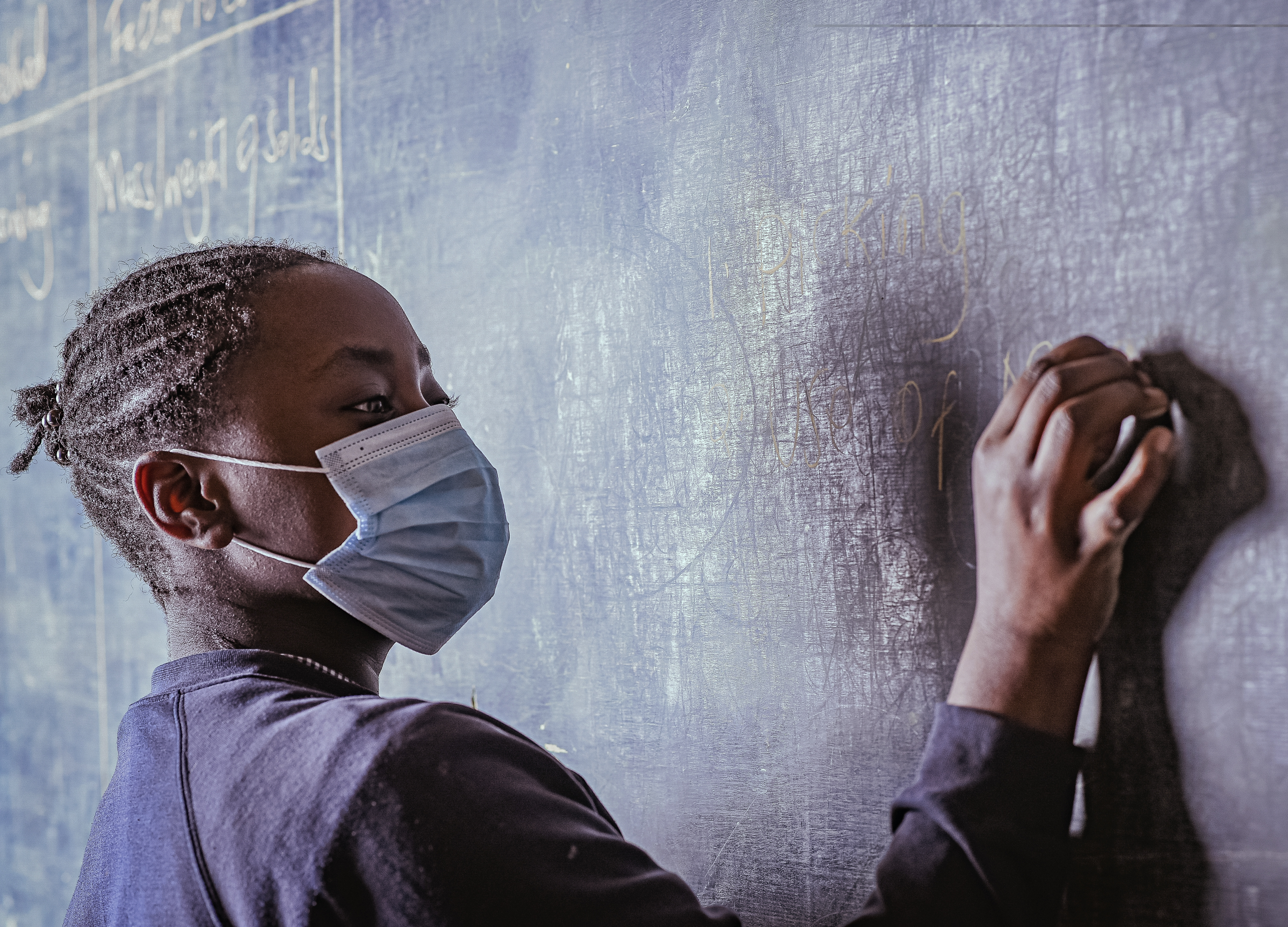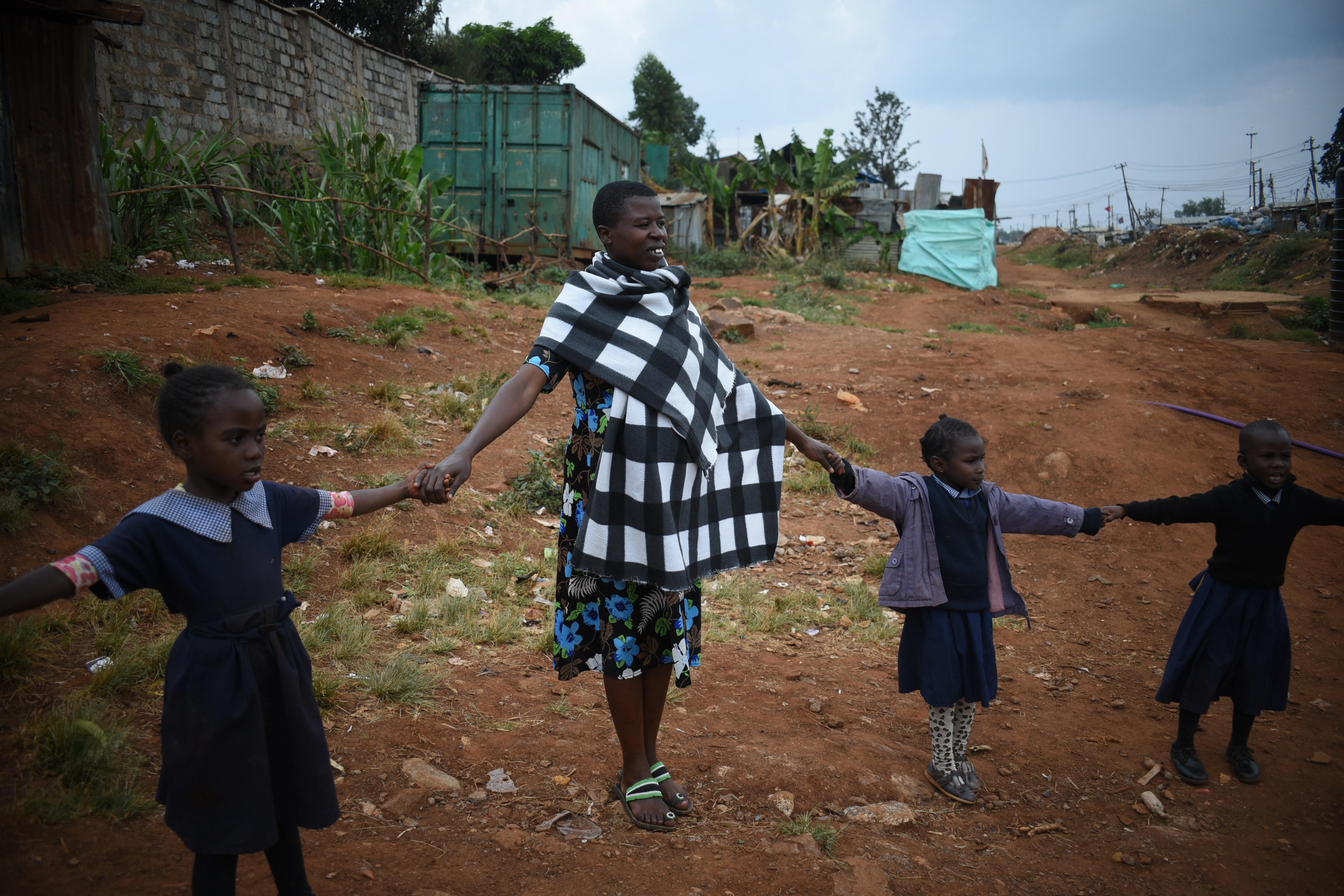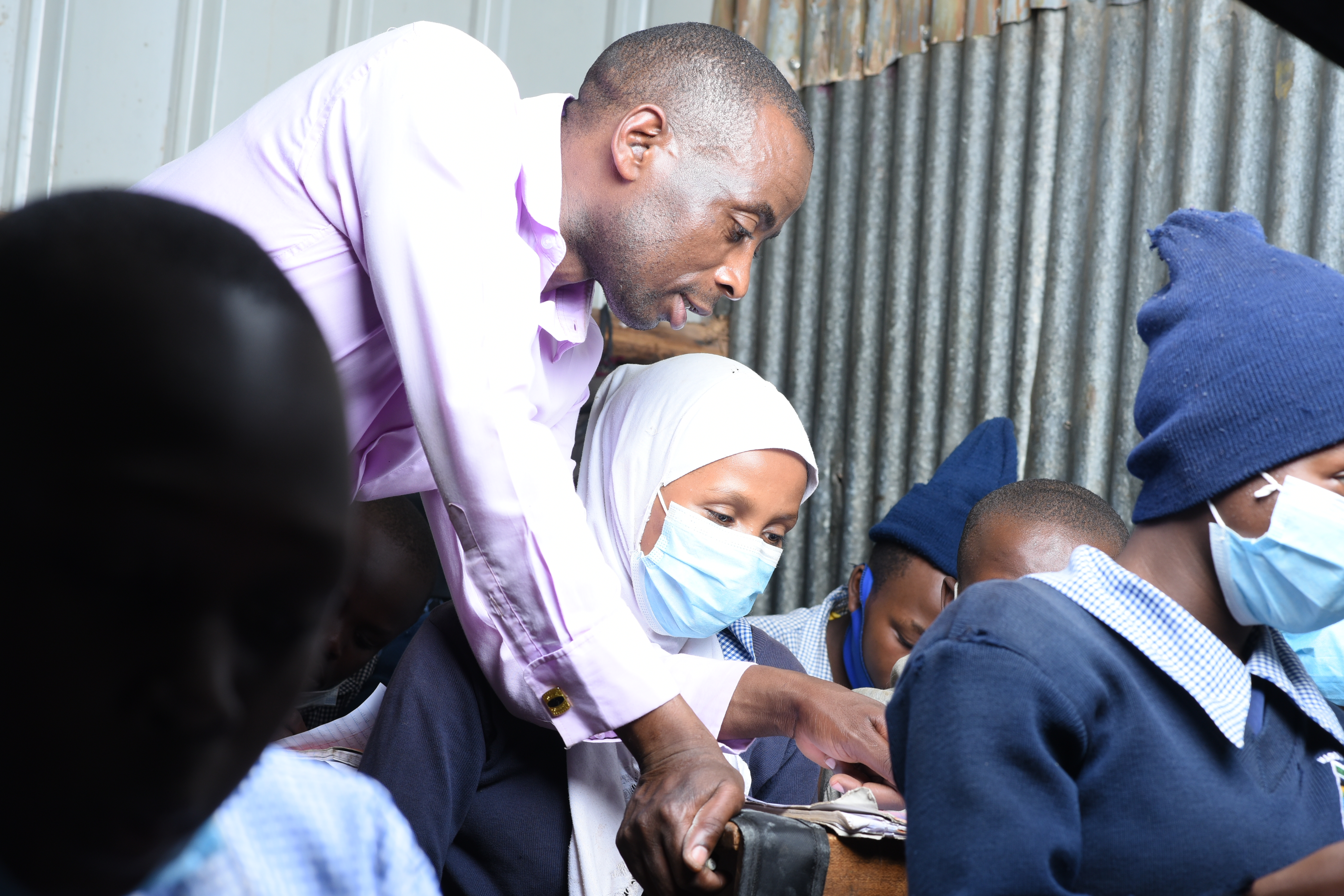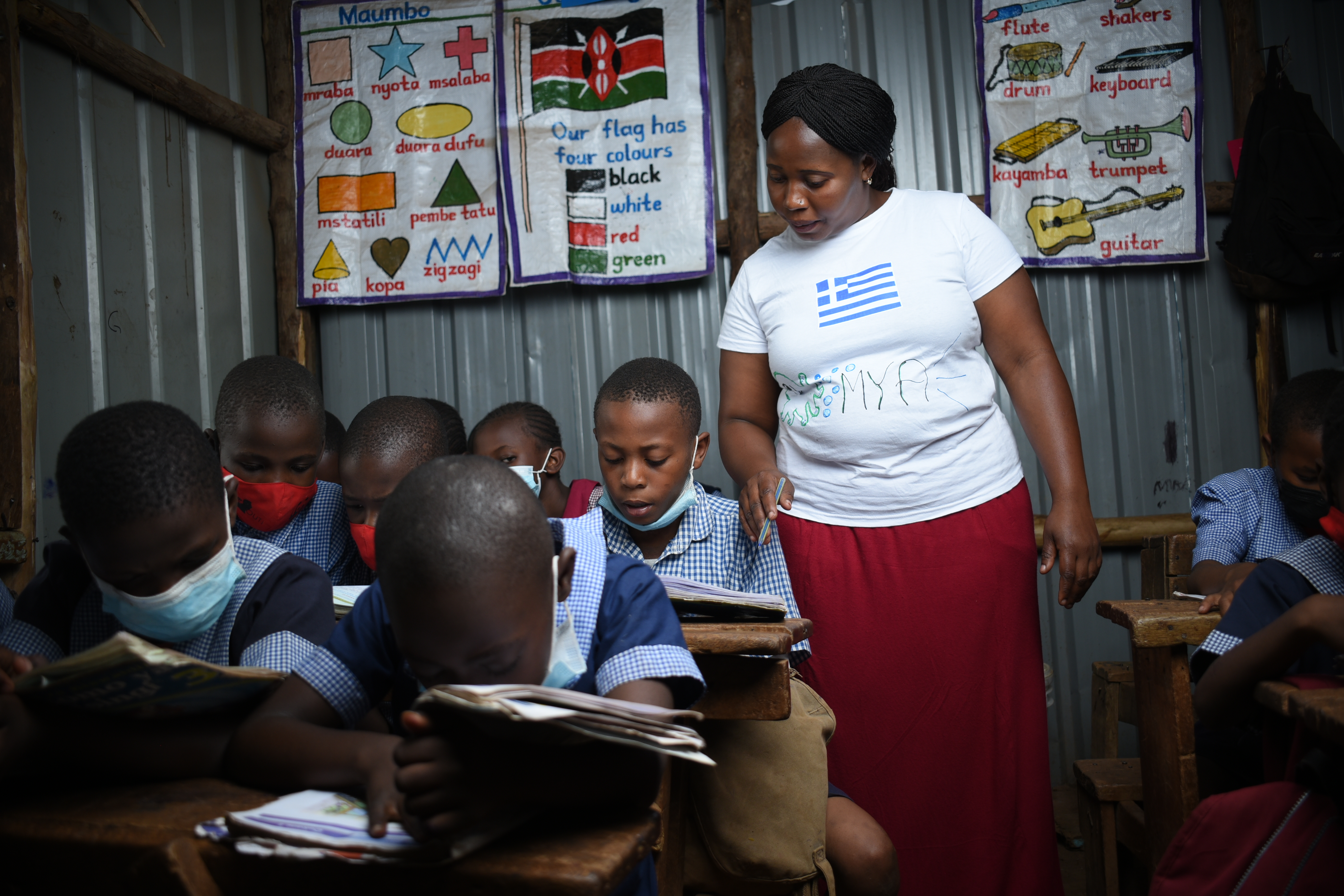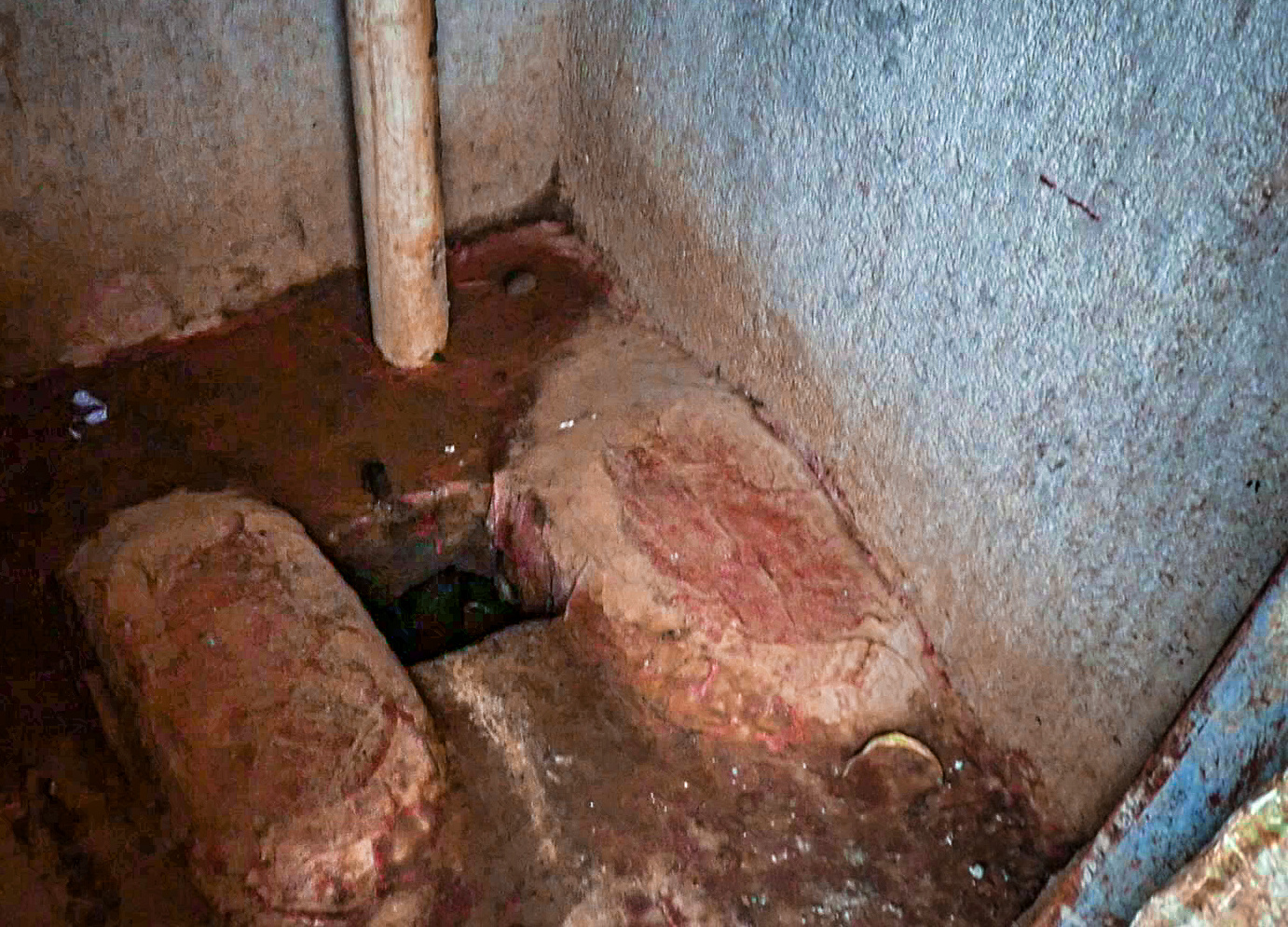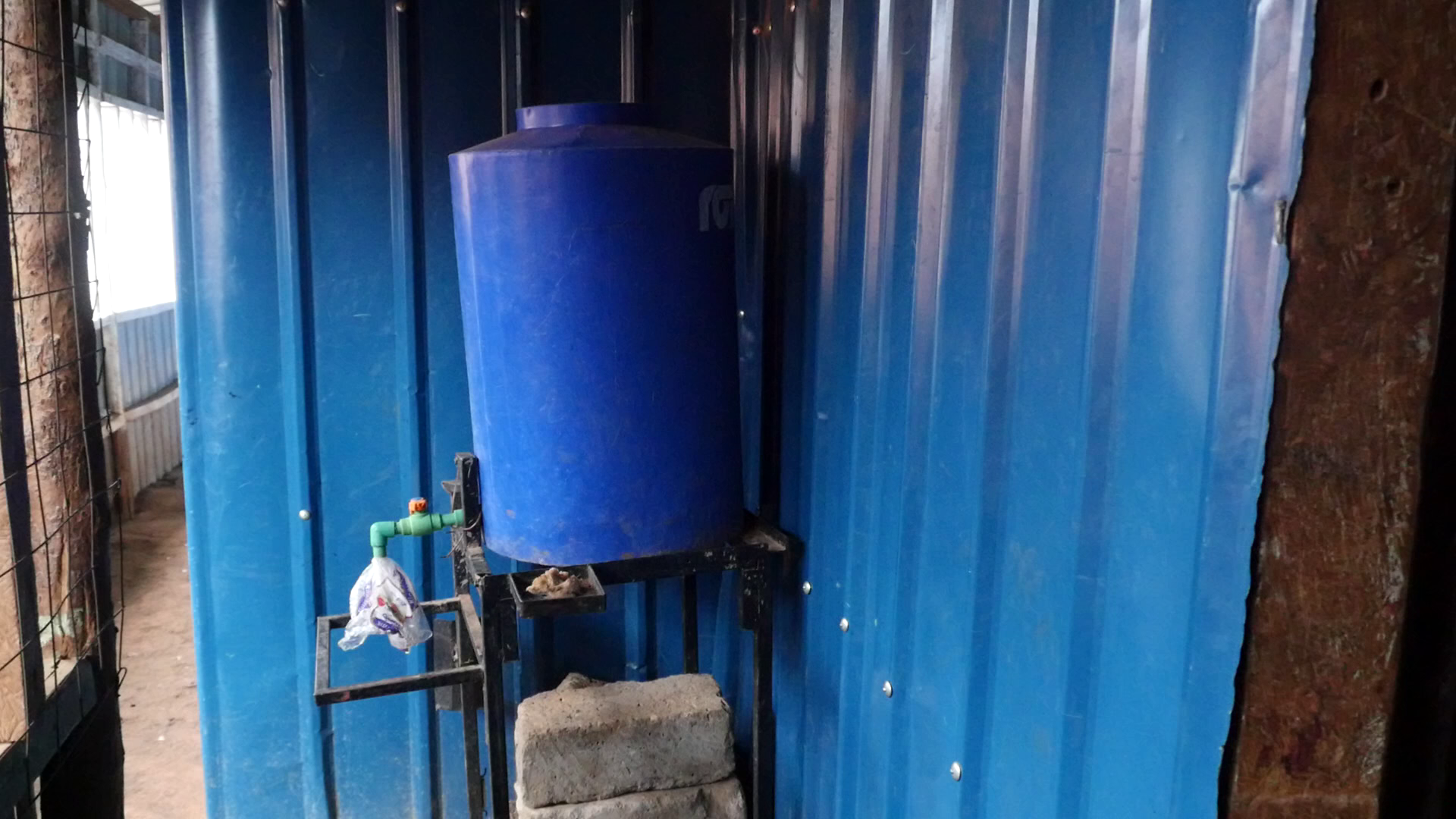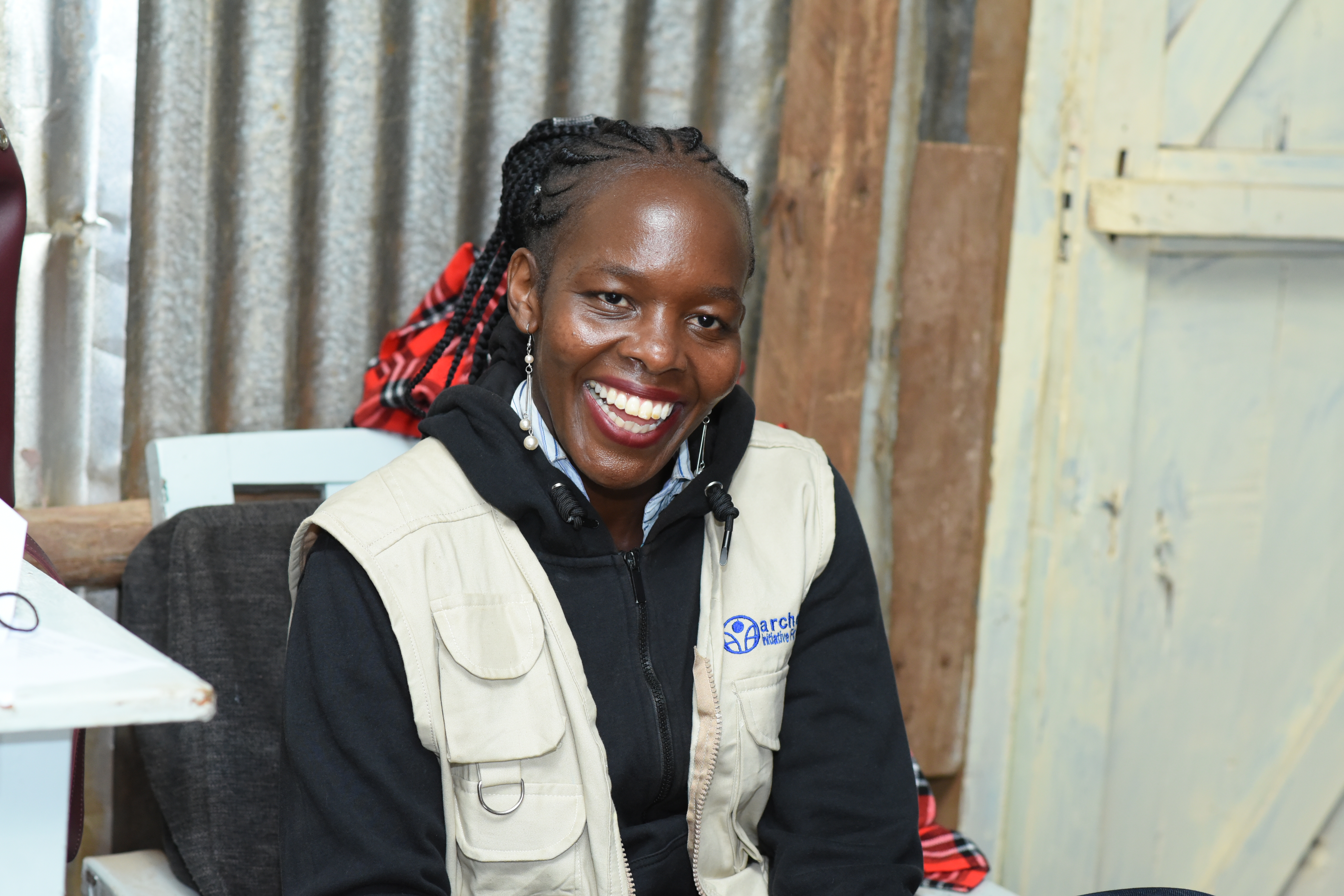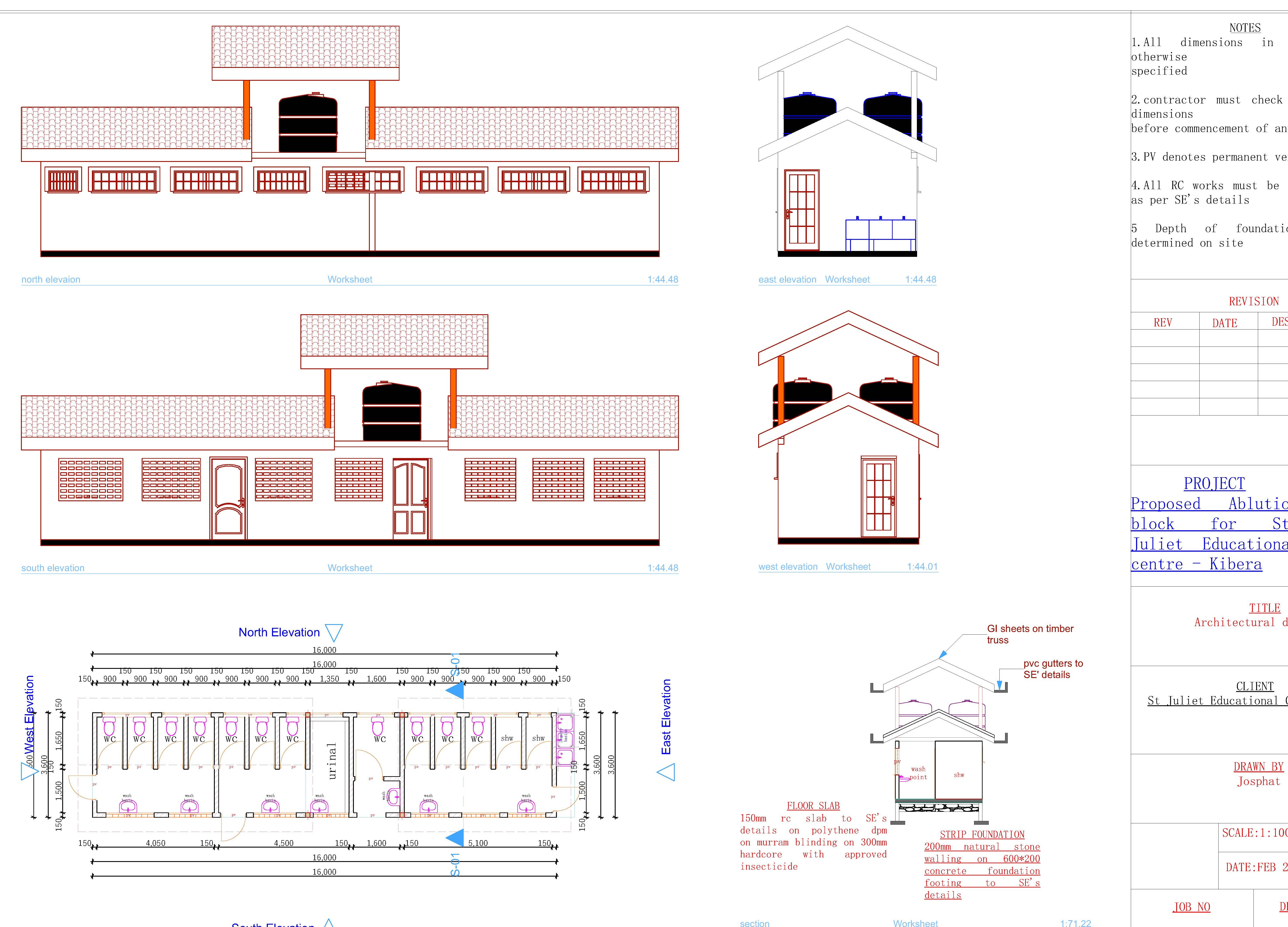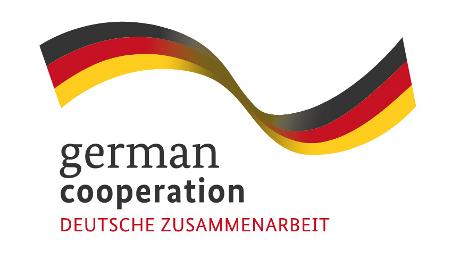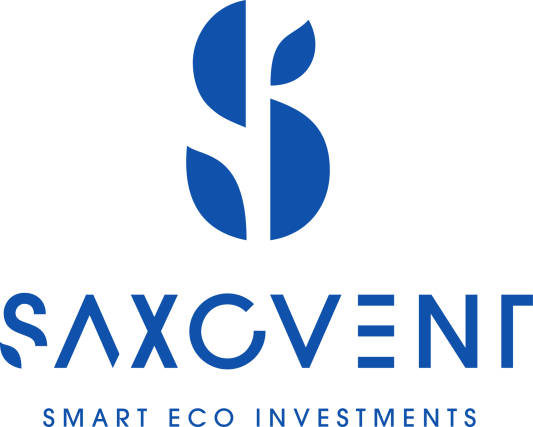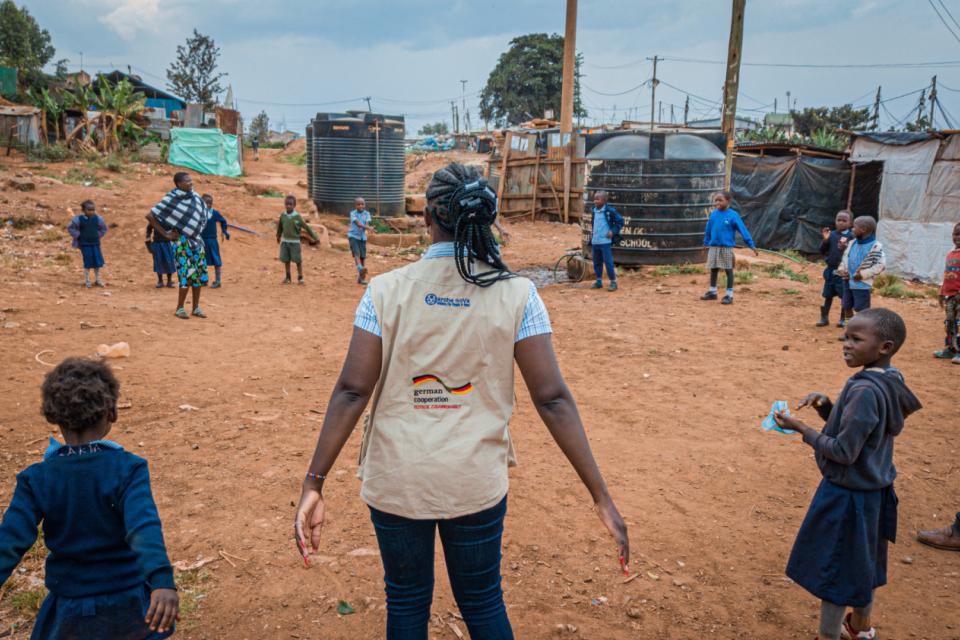
Education is considered the best way out of poverty. But in Kenya, going to school often means paying school fees and definitely spending money on school supplies and uniforms. Therefore, many families in Kibera, who already have problems financing food and water, forego the supposed luxury of sending their children to school. This diminishes the chance that these children will later earn a regular income outside the slums. In order to break the vicious circle of this intergenerational injustice, arche noVa supports a school in Kibera that enables children from the slum to get an education. The St. Juliet Educational Centre, founded in 2000, is a community-based comprehensive school where 16 teachers teach pupils between the ages of four and 16 in eleven classes.
Good learning conditions through WASH
At present, however, the school's water supply, sanitation facilities and financial resources are not sufficient to create good learning conditions. This is where our project comes in. The aim is to create a safe water and sanitation supply from which not only the school community but also the surrounding households can benefit. This opens up the possibility for the school to generate income that will lead to better facilities for the school and at the same time to improved educational opportunities.
The school will charge small fees if residents from the surrounding streets want to use the WASH facilities. This will be used to fund maintenance and upcoming repairs to the newly built facilities. In addition, the funds will be used to enable children from vulnerable households to attend school, as well as to enrich the school's educational programmes.
Toilets and shower rooms for school and neighbourhood
In order to be able to provide sufficient building land for the planned WASH centre, plots of land were acquired near the school. As part of the project, more of a new supply system is now being built with two large water tanks that will compensate for the supply gaps of the water authorities and thus enable a continuous water supply. In addition, nine toilets, two bathrooms and an incinerator for the proper disposal of menstrual waste will be provided. Training and workshops are also being held to raise awareness of hygiene and environmental protection within the school community and neighbouring households.
Project Overview
Improved learning conditions through safe water and sanitation and improved hygiene conditions at St. Juliet School, as well as improved access to WASH in the surrounding neighborhood.
567 students of St. Juliet School, about 980 other people from the surrounding area (Nairobi, Kibera slum, Kisumu Ndogo neighborhood)
- Construction of two water tanks with a capacity of 2,300 liters each
- Construction of a water dispensing point for the neighborhood
- Introduction of a fee system for users outside the school
- Construction of nine inclusive, gender-separated toilets and two shower rooms
- Construction of an incinerator for menstrual waste disposal
- Hygiene promotion in the school and in the neighborhood
- Federal Ministry for Economic Cooperation and Development (BMZ)
- Saxovent Smart Eco Investments GmbH
- Donors

